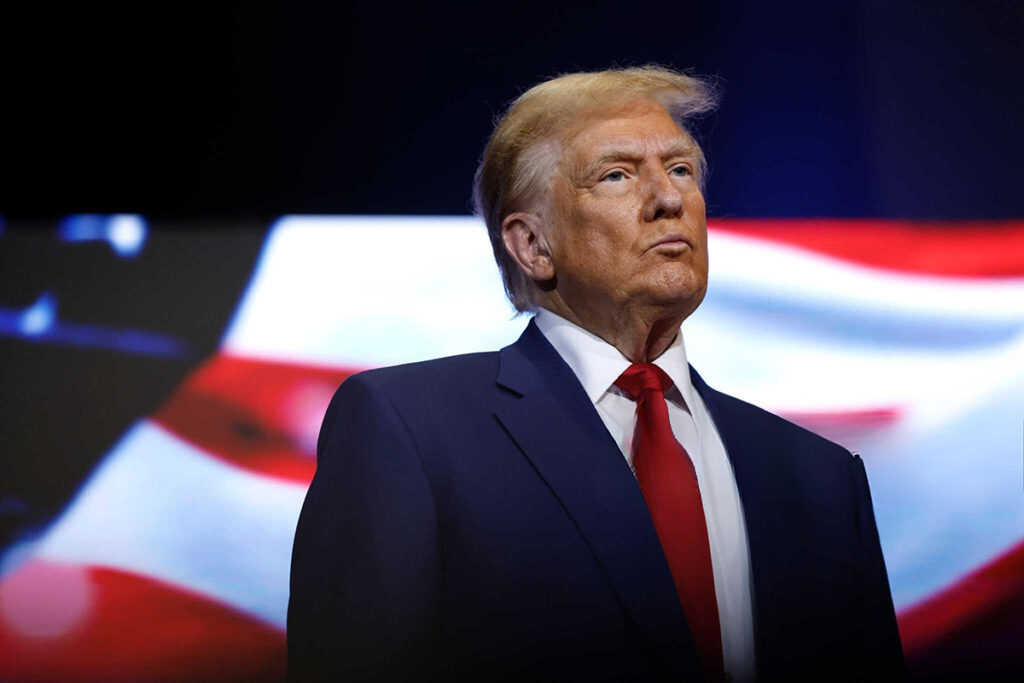The French government and the European Union have unequivocally opposed President-elect Donald Trump’s recent remarks about potentially using military pressure to assert control over Greenland. This bold rhetoric has been met with firm resistance from European leaders, sparking international concerns.
France and the EU Reaffirm Sovereignty
French Foreign Minister Jean-Noël Barrot emphasized the European Union’s strong commitment to defending its borders and sovereignty, making it clear that the EU would take a firm stance against any nation posing a threat.
Barrot expressed doubts about an immediate U.S. military move, yet he highlighted the growing geopolitical tension. “Do I think the United States will invade Greenland? No. But are we witnessing a global shift towards survival of the fittest? Yes, without a doubt.”
Trump’s Greenland Strategy and Economic Priorities
The controversy originated with Trump reiterating Greenland’s critical role in U.S. national security and economic strategy. During a press briefing, Trump hinted at taking aggressive measures, refusing to rule out military or economic options to control Greenland or the Panama Canal. “I can’t guarantee anything on those fronts,” Trump stated. “But what I can tell you is that these are essential for our economic future.”
Greenland, with its strategic Arctic position and abundant natural resources, has long captured Trump’s interest. His repeated suggestions of purchasing the island were firmly rejected by Danish Prime Minister Mette Frederiksen, who stated, “Greenland is not for sale and never will be.” Frederiksen emphasized Greenland’s right to self-determination and reaffirmed the enduring partnership between Denmark and the U.S.
Greenland’s Leadership: Autonomy Over Intimidation
Greenlandic Prime Minister Múte Egede echoed Frederiksen’s stance, emphasizing the territory’s autonomy. Egede dismissed Trump’s claims of rising local support for U.S. involvement, maintaining that Greenland’s future would be decided by its people.
Adding to the tension, Donald Trump Jr. visited Nuuk, Greenland’s capital, in what was perceived as a promotional effort. He shared posts on Truth Social, stating, “The reception here has been fantastic. Greenland and the Free World deserve safety, security, and peace!”
Geopolitical Fallout and Global Tensions
The escalating discourse has heightened diplomatic friction between the U.S., Denmark, and the EU. Barrot’s acknowledgment of a “survival of the fittest” mentality reflects a broader global reality, as nations vie for control over strategic territories and resources.
Danish Prime Minister Frederiksen sought to de-escalate the situation, urging measured responses and adherence to core principles. “Calm and collaboration are essential in times like these,” Frederiksen said, reaffirming Greenland’s autonomy and Denmark’s alliance with the U.S.
As Trump prepares to assume office, his Greenland rhetoric has positioned the island as a focal point in debates about sovereignty, economic power, and international relations. With European leaders holding steadfast to their principles, Greenland’s future will remain a pivotal issue in global geopolitics.


